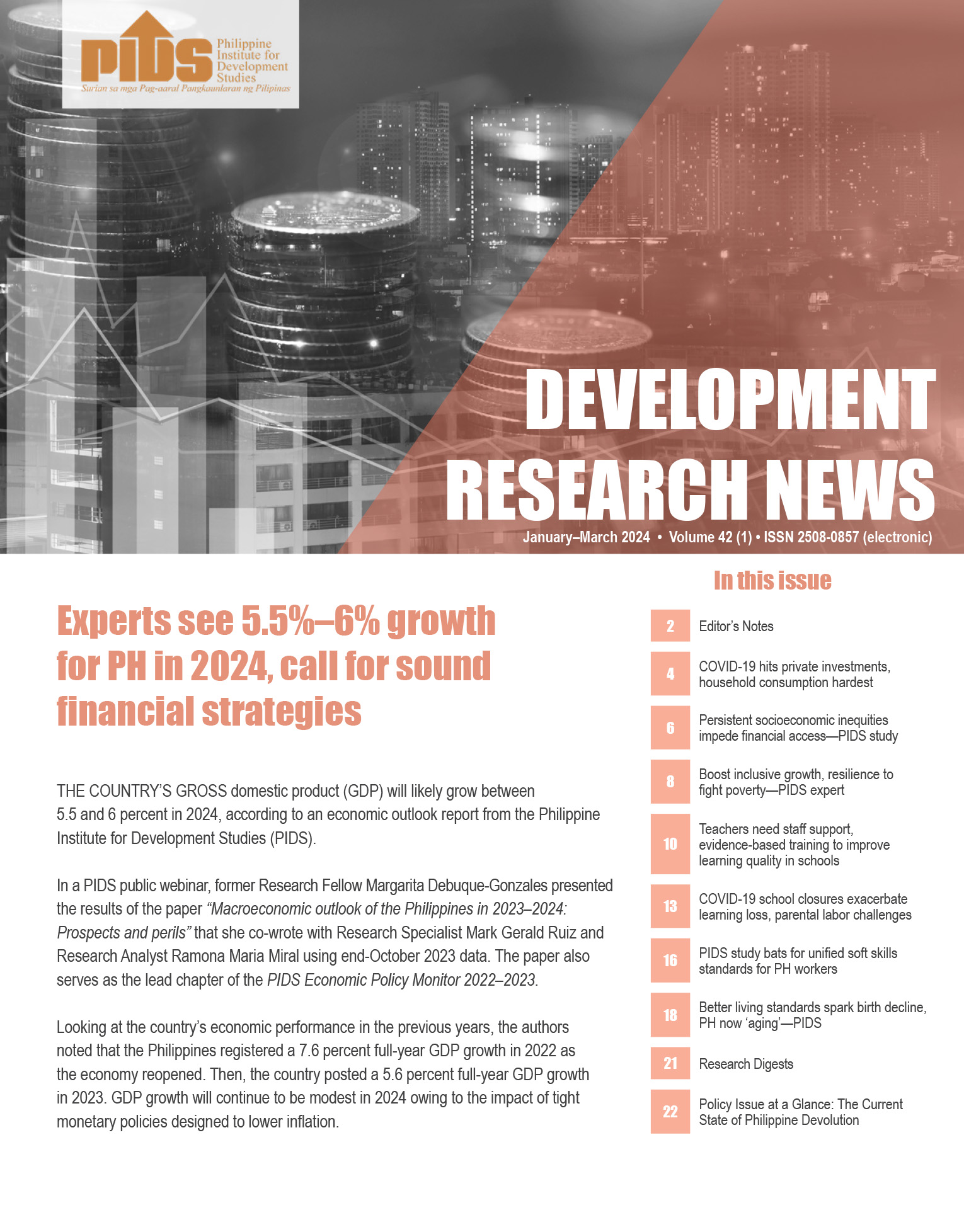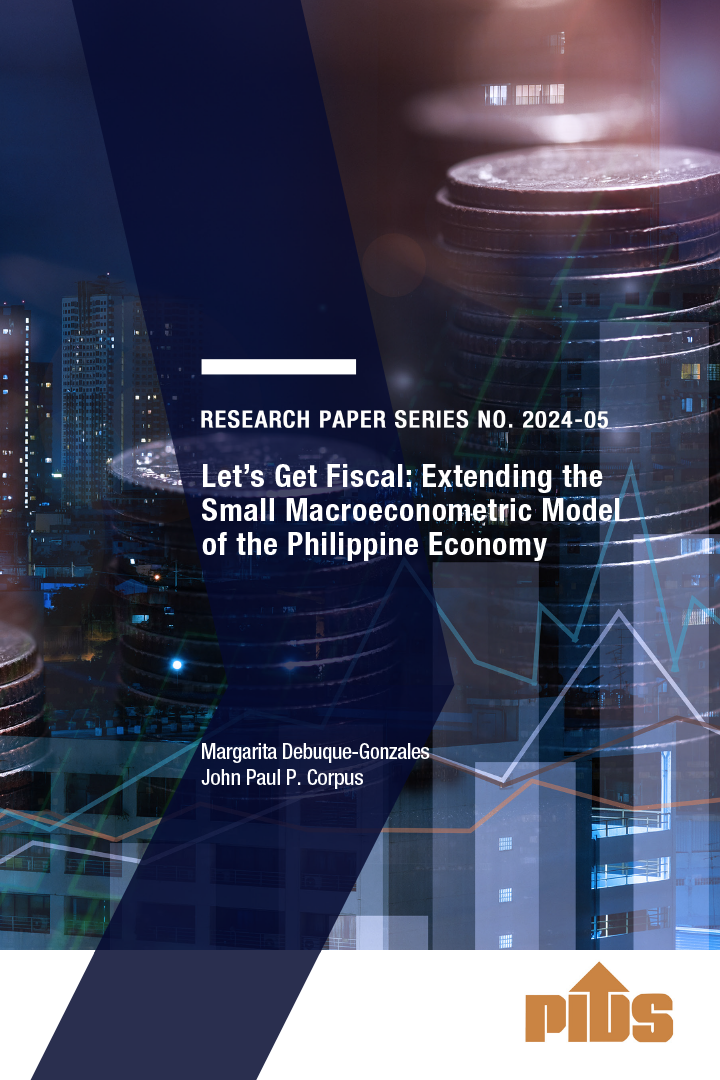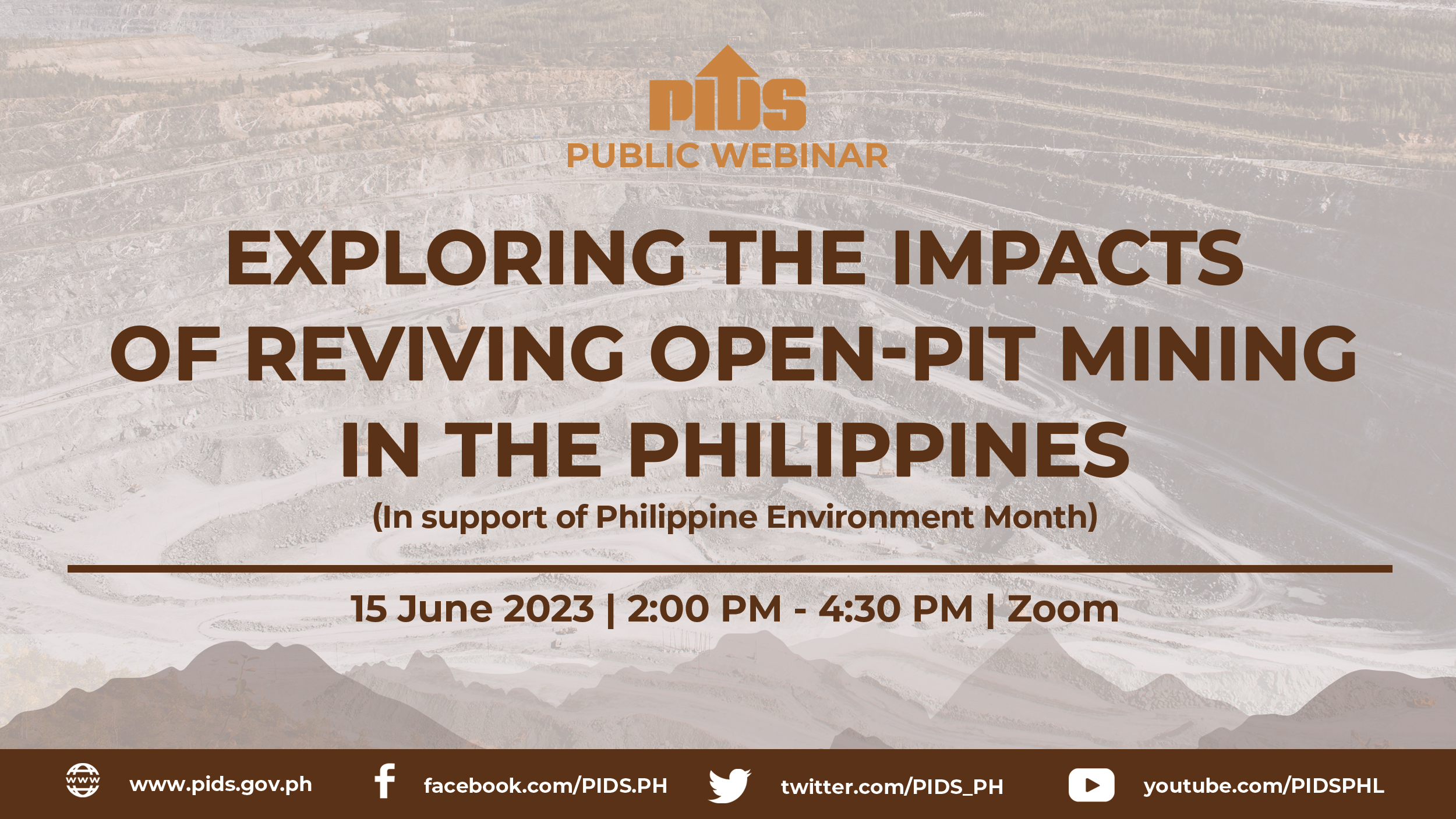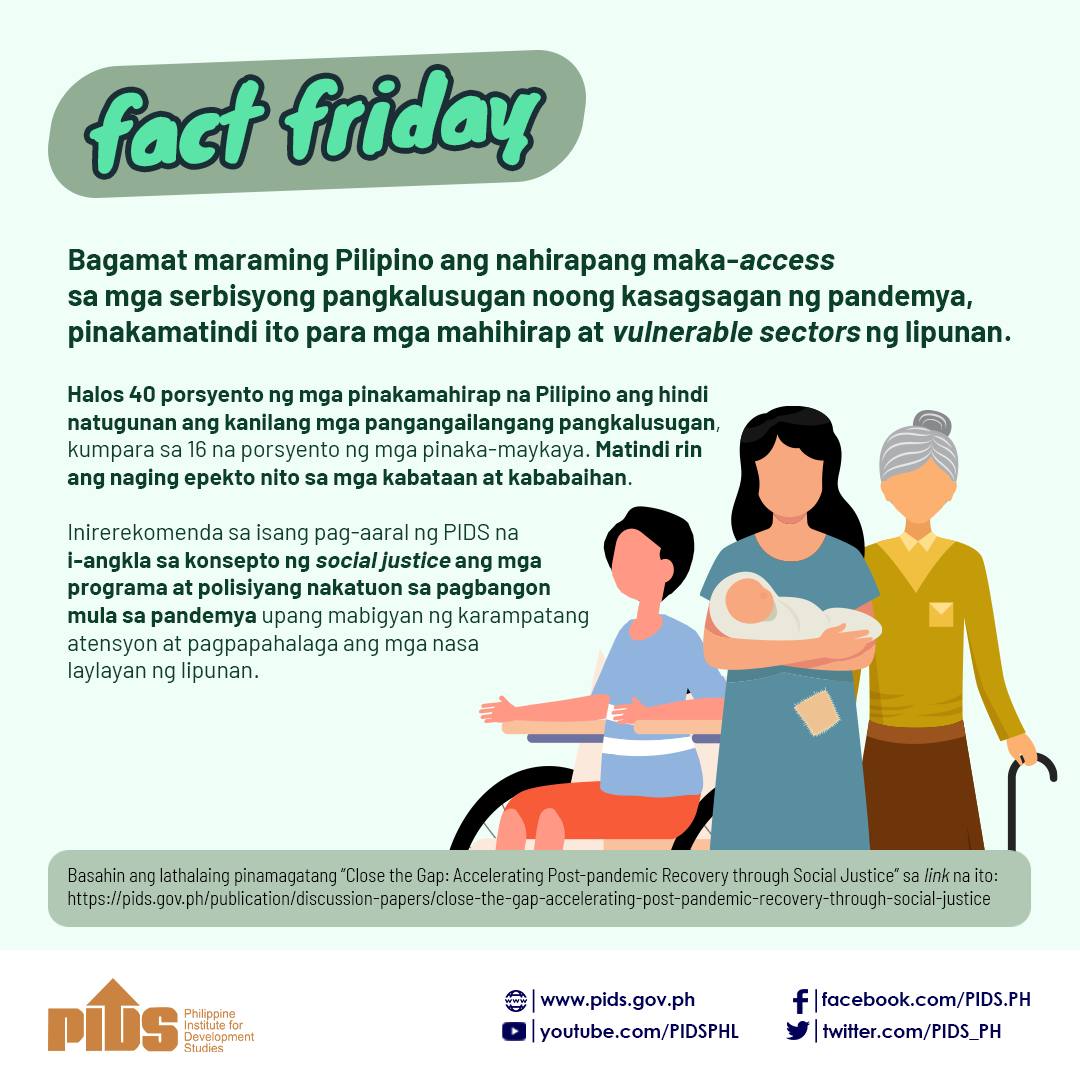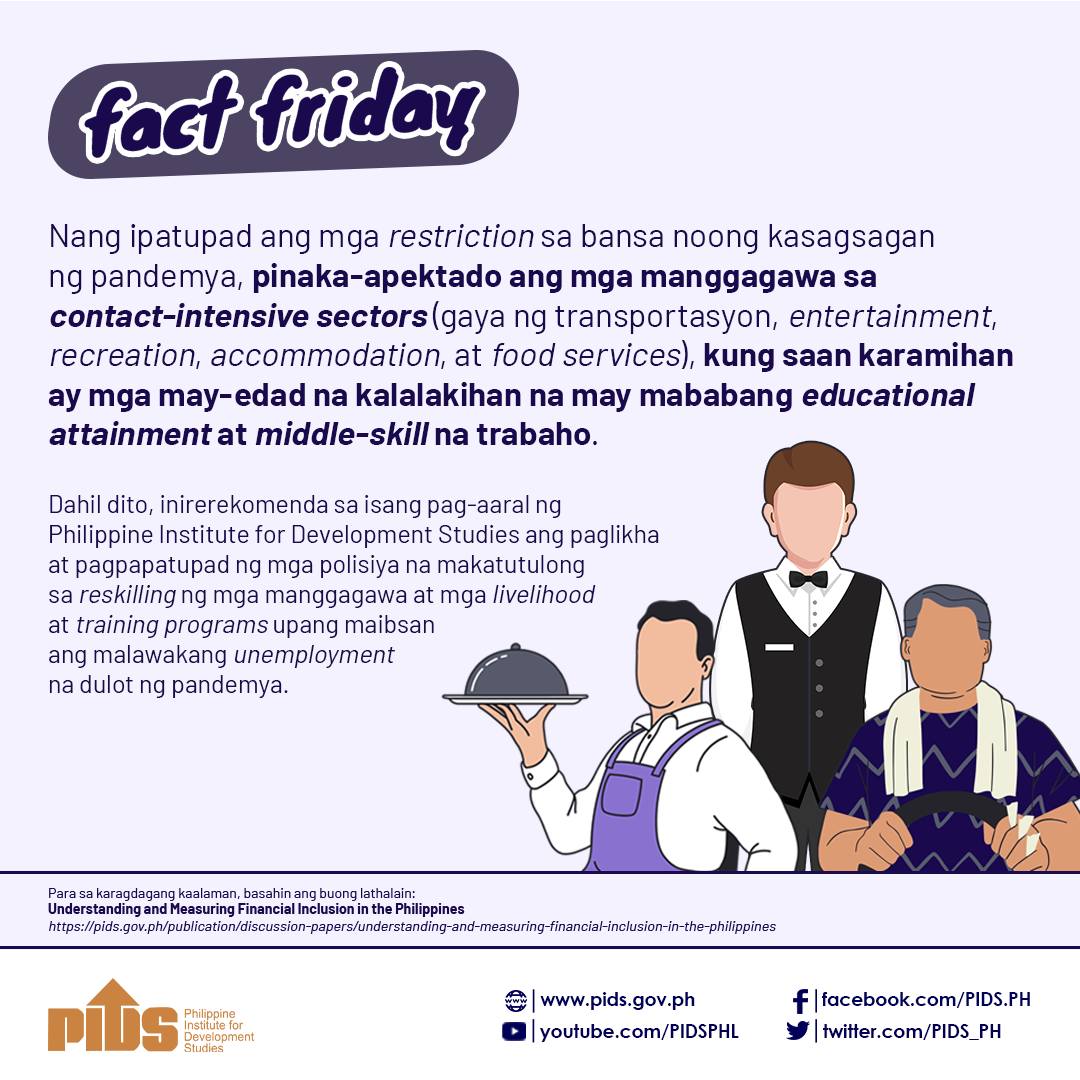THE NATIONAL and various local government units are devising ways to address the daily impacts of the COVID-19 pandemic. They should not forget the long-term impacts, too. These impacts, according to state think-tank Philippine Institute for Development Studies, include chronic poverty, school drop-outs and other non-COVID health concerns.
Poverty simulations suggest that the pandemic will increase the number of poor people. While the government provides social safety nets and emergency assistance programs to affected families, these are only temporary.
Other measures such as wage subsidies or low-interest loans are needed to enable those who lost their jobs or closed their businesses to bounce back from the crisis as the new poor can become part of the chronic poor. The new poor might also adopt coping mechanisms such as withdrawing their children from school, which may have adverse impact on other dimensions of welfare. This would have longer-term implications on the welfare of the household. Therefore, it is important to ensure that the recovery process for the economy is inclusive.
In terms of health, a universal health insurance with greater benefits (including testing and vaccination) will help in future health-related public emergencies. Being one of the building blocks of a health system, having a stronger health financing is a step towards greater healthcare access. This will lead to improved health status and financial protection.
Also, given the country’s vulnerability to disaster, there must be more sustainable, sufficient and efficient response and recovery packages. This may be done by establishing stronger infrastructures so that response to future shocks and hazards of any nature will be done more efficiently. The Philippine Institute for Development Studies recommended creating interoperable databases across all government departments and agencies to help target potential beneficiaries more accurately.
Another suggestion is to expand, modify, or improve current assistance programs with established implementation processes rather than create new programs that will need new mechanisms for implementation.
The COVID-19 pandemic is no doubt traumatizing to all because it is not just a health concern; its impacts are adversely affecting every aspect of our lives – finances, livelihood, worship, relationships, communication, etc. Recovering from them will take time so we must address them for the long haul.

